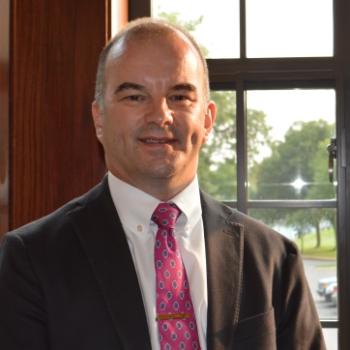There’s been a lot of talk recently about “cancel culture” and it’s deleterious effect upon our freedom of speech. On July 7 Harper‘s published an open letter signed by over 150 noted writers and public intellectuals that claimed that “the free exchange of information and ideas, the lifeblood of a liberal society, is daily becoming more constricted.” Rebuttals ensued, including one noted by the New York Times, which included its own list of signatories.
What exactly is cancel culture? It depends who you ask, but it roughly means the online shaming of individuals that often results in their loss of status, reputation, employment, social standing, etc. In some cases the target apologizes profusely, sometimes using language of self-flagellation that many onlookers see as cringe-inducing. He or she could be an unknown person caught on tape saying or doing something that seems to violate what the cancellers believe are unassailable norms of common decency, but the target could also be a more well known person engaging in his or her profession in a respectable and sober manner only to discover that his deliberate and careful work had broken a rule that only the day before yesterday deserved no more than a yawn. Here I am thinking of the professor, physician, lawyer, etc., who in the course of their work publishes a paper, draws a conclusion, or defends a client that the cancellers have determined is not acceptable to their ideological ends, and for this reason the cancellers alert others, with whom they gather in the new public square–social media–and demand that the offenders be punished. In such cases, more fundamental goods–such as the pursuit of truth, academic freedom, and the right to legal defense–are either ignored or portrayed as secondary considerations that can never in principle either outweigh the goals of the political movement or allow us to question the epistemic status of the perceived hurts of the movement’s constituencies and clients. This rhetorical move turns out to be the ultimate trump card in these disputes, a kind of ex cathedra pronouncement that mimics St. Augustine’s claim about papal authority, Roma locuta; causa finita est (Rome has spoken; the cause is finished). This is why some critics of cancel culture have noticed that many of its proponents share with puritanical religious crusaders some of the same pernicious reflexes.
But is cancel culture a new thing? It depends. Because of the ubiquity of social media, and because of the nearly limitless ways private individuals, corporations, media, and educational institutions may surveil and “nudge” each other, what we’re seeing today is indeed a new thing. But in another sense it isn’t. Powerful actors have always used their power to cancel what they don’t like or what they believe is harmful to their interests. CBS told Bob Dylan in 1963 that he couldn’t sing “Talkin’ John Birch Paranoid Blues” on the Ed Sullivan Show. Instead of changing the song, he refused to perform it at all. No doubt the network’s censors, afraid of what corporate sponsors may do if they were to receive viewer compaints, cancelled Bob’s song. In the 1940s and 1950s blacklisting was practiced by the U.S. government, which included the questioning of hundreds of college professors before Congressional committees, with many other professors and administrators collaborating with the government’s investigations. During World War II, many Japanese, Italian, and German Americans were rounded up into internment camps. In the 1968 Mexico City Olympics, two U.S. track medalists, raised their fists in a Black Power salute during the playing of the U.S. National Anthem. The International Olympic Committee expelled them from the games. And lest we forget, African Americans, for nearly a century after the end of slavery, were cancelled by Jim Crow laws in the South that permitted practices such as red lining and forced segregation.
Although you can’t always judge an idea by its pedigree, cancel culture’s pedigree is nothing to brag about. For this reason, anytime we are tempted to participate in a liturgy of cancellation–even when we think it’s for a good cause–we should first turn the light of suspicion on ourselves and our own motives, asking whether there is a more noble way to achieve our ends, which should ultimately be the restoration and redemption of our brothers and sisters, not their destruction.












